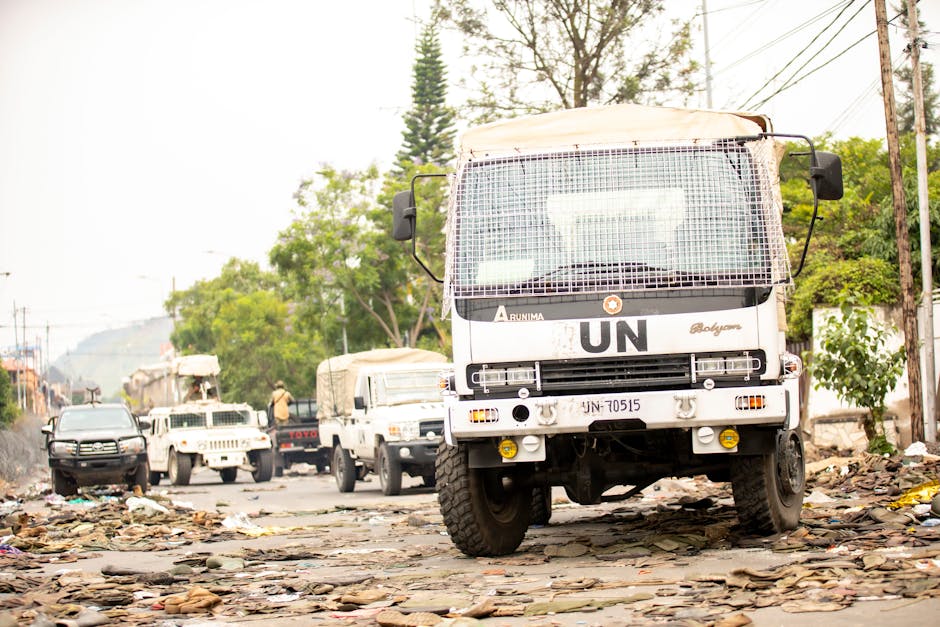ICJ Issues Legally Binding Order on Gaza Aid
In a landmark ruling that intensifies the global spotlight on the humanitarian crisis in Gaza, the International Court of Justice (ICJ) has issued a sharp and unambiguous directive to Israel. The UN’s highest court has ordered Israel to take all necessary measures to ensure that basic aid, including food, water, and medical supplies, reaches Palestinians in the Gaza Strip without delay.
This new order, issued on Thursday, is a direct response to the “catastrophic living conditions” and looming famine that United Nations agencies have been warning about for months. The panel of 15 judges stated unanimously that Israel must act “without delay” to allow for the “unhindered provision at scale” of urgently needed services and humanitarian assistance. This comes as part of the ongoing case brought by South Africa, which accuses Israel of committing genocide in Gaza—a charge Israel vehemently denies.
UNRWA‘s Critical Role in the Ruling
Critically, the court stipulated that Israel must ensure aid flows in full cooperation with the United Nations. This is a clear reference to the embattled UN Relief and Works Agency for Palestine Refugees (UNRWA), the primary aid provider in the besieged enclave.
For weeks, Israel has effectively blocked the agency from delivering aid to northern Gaza, where the hunger crisis is most acute. This blockade followed Israeli allegations that a dozen UNRWA employees were involved in the October 7th Hamas attacks. These claims led several key donor nations to suspend funding, crippling the agency’s operations.
However, many countries, including Canada, Australia, and Sweden, have since resumed their funding, citing the lack of alternative aid channels with UNRWA’s scale and infrastructure. The ICJ’s ruling adds significant legal weight to the argument that sidelining the UN relief agency is not a viable option if a full-scale famine is to be averted.
Enforcement Challenges and Global Implications
The critical question now is whether Israel will adhere to the court’s ruling. While ICJ orders are legally binding, the court lacks its own enforcement mechanism, relying on the UN Security Council, where Israel’s ally, the United States, holds veto power. Israeli officials have dismissed the ruling as yet another biased intervention.
For India, this development is being watched with keen interest. New Delhi has historically maintained a delicate balance, supporting the Palestinian cause while simultaneously building a robust strategic partnership with Israel. The ICJ’s legally binding order puts pressure on all nations to ensure compliance.
Nevertheless, the order from The Hague is a powerful moral and legal blow. It isolates Israel further on the world stage and provides ammunition to countries and rights groups demanding an end to the restrictions on aid. For the over two million Palestinians in Gaza, this ruling represents a flicker of hope that the gates for life-saving aid will be thrown wide open.




